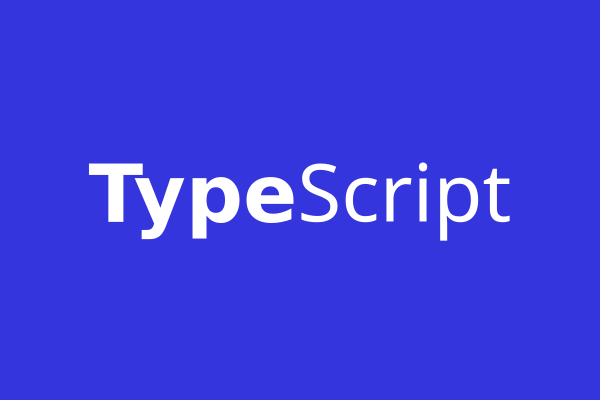Apple has encountered several challenges in developing its own AI solutions recently, so it’s perhaps unsurprising that the company is turning to external expertise. According to the latest reports, Apple has decided to join forces with Anthropic to create a revolutionary “vibe-coding” software platform that uses generative AI to write, edit, and test programmers’ code.
The Claude Sonnet model will reportedly be integrated into Xcode, Apple’s primary software development environment. This unexpected partnership departs from Apple’s usual in-house approach to core technology development. Bloomberg reported on May 2 that, while Apple intends to bring the platform in-house, it has not yet decided whether to make it publicly available.
This collaboration follows Apple’s earlier attempt to build its own AI coding assistant, Swift Assist, which was delayed by issues such as hallucinations and slow performance. Swift Assist currently works alongside third-party tools like GitHub Copilot and ChatGPT, both of which are already integrated into Xcode to provide additional AI-powered support.
The term “vibe-coding” was coined in February 2025 by Andrej Karpathy, co-founder of OpenAI and former head of AI at Tesla. It describes a programming paradigm in which developers describe a problem in natural language, and a large language model tuned for coding translates that description into traditional source code. In this model, the programmer’s role shifts from manual coding to overseeing, testing, and refining AI-generated code.
A key aspect of vibe-coding is that users often accept code without fully understanding it. As AI researcher Simon Willison noted, “If an LLM has written every line of code, but you have reviewed, tested, and understood it all, that is not vibe-coding in my opinion—it’s using an LLM as a typing assistant.”
Karpathy describes his own method as conversational: he issues voice commands while the AI generates the actual code. He admits that, although the technique has limitations—especially in error correction—it’s “not too bad for throwaway weekend projects,” and he finds it “quite fun.”
The partnership will leverage Anthropic Claude’s 3.5 Sonnet model, which has become popular among developers for coding tasks. The model delivers excellent performance and versatility: it runs twice as fast as its predecessor while maintaining high cognitive capabilities. Optimized specifically for software development—from code migrations and bug fixes to compilations—it excels in both design and solving complex coding challenges. With a context window of 200,000 tokens, it enables comprehensive code analysis and generation.
For developers, this collaboration could transform workflows. The vibe-coding paradigm promises to allow even amateur programmers to build software without the extensive training traditionally required. However, for complex projects, the expectation is that vibe-coding will produce initial concepts; if those prove viable, developers will reimplement them in the conventional way, since AI-generated code is not yet fully maintainable. By using advanced AI models like Claude Sonnet, developers can spend less time writing code and more time tackling higher-level problems and creative solutions.















